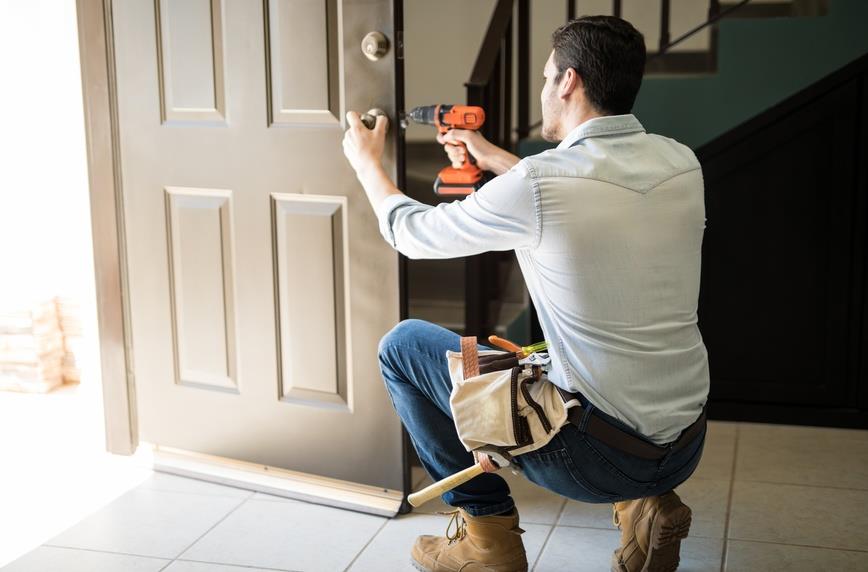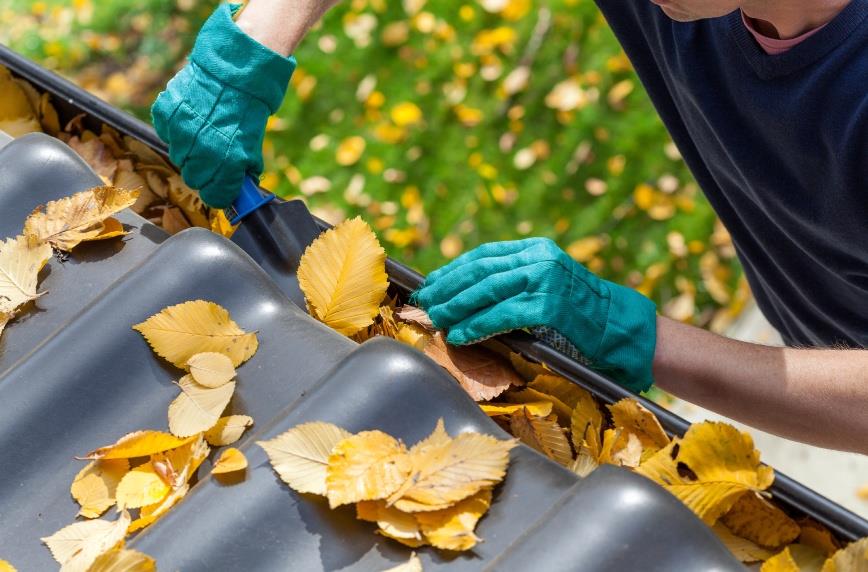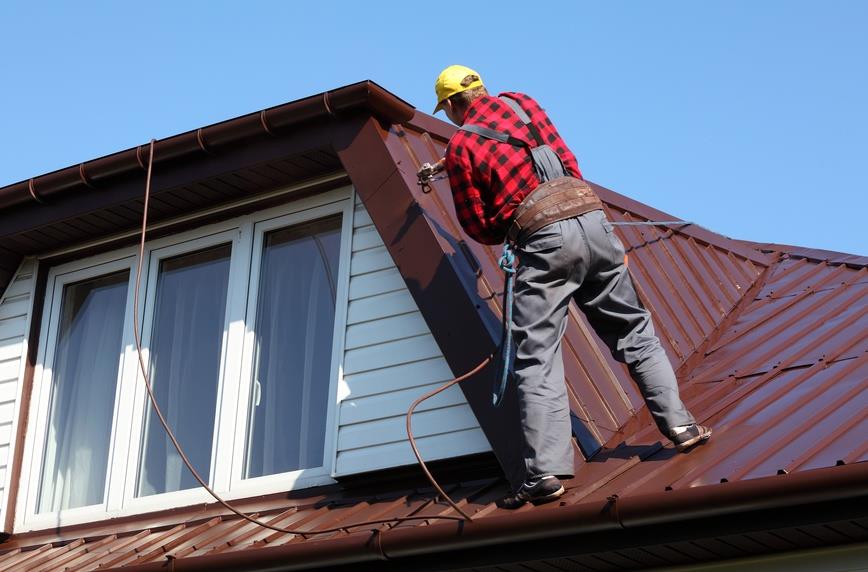If you have ever looked around during a family vacation at one of your favorite towns and wondered what it might be like to buy a second home, you're not alone. In 2021, the number of people buying a second home surpassed first-home sales, as measured by the percentage of rate-lock requests. For some, this purchase may have been motivated by the idea of a permanent vacation spot, while others looked to purchase a commuter home or an investment property.
No matter the reason, getting a mortgage on a second home is different — and often more challenging — compared to a first home.
Start With Purpose
There are many different reasons to buy a second home. These include:
- To diversify your investments
- As a vacation or family meeting place
- For retirement
- To take advantage of potential tax breaks
- As housing for a family member
- To stay in during the workweek if your commute is too long
Regardless of why you purchase your second home, note that you cannot list two houses as your primary residence. A primary residence comes with tax breaks (e.g., writing off property taxes and some energy-efficient home improvements) that are not always available on a second home. Additionally, your primary residence must be occupied within 60 days of closing, and you have to live in the home for the majority of the year.
A second home — and the mortgage you obtain for it — has different rules and requirements.
Primary Residence Mortgages vs. Second Home Mortgages
Obtaining a second home mortgage comes with a few critical stipulations that you need to consider.
Down Payment Requirements
To obtain a conventional mortgage on a second home, you'll need a down payment of at least 10% of the purchase price — but often as much as 20%. Obviously, if you buy your second home in cash, this rule does not apply. And cash buyers are frequently able to negotiate a much lower sales price than those who must go through the process of applying for a second mortgage.
While some borrowers with excellent financials may qualify for a lower rate, the down payment rule is generally non-negotiable. Because homeowners default at a higher rate on second home mortgages than they do on the first, lenders require a substantial payment to limit their liability. If a homeowner defaults on both first and second mortgages, the first mortgage gets paid first.
Because of the increased risk, the down payment requirements are also increased.
Credit Score Requirements
In addition to a larger sum up front, you'll need a robust credit score to qualify for a second mortgage. Most lenders require a credit score between at least 620 and 750 (out of a possible 850).
Borrowers at the low end of that range will need a larger down payment and perfect numbers in other categories to qualify for a second mortgage.
Adequate Cash Reserves
When considering the purchase of a second home, many homeowners neglect to calculate exactly how much it costs to maintain and run two homes. Consider unexpected expenses like:
- Homeowners association (HOA) fees
- Homeowner’s insurance (often higher in vacation areas)
- Basic maintenance (e.g., lawn care)
- Utilities
- Home repairs and improvements
- Furnishings
- Travel to and from the property
Lenders look for adequate cash reserves that prove you are up to the additional expense of owning and caring for two homes at once.
Debt to Income Requirements
Your debt-to-income (DTI) ratio is a percentage calculated based on how much money you have coming in and how much debt you have. For a second mortgage, the maximum number is 45%, but this is considered high. If your DTI comes in at that range, your lender will look for higher credit scores, more robust cash reserves, and a larger down payment.
Difference in Interest Rates
Even if you capitalized on the pandemic era's historically low interest rates for a first-home purchase, don't expect to receive a break on your second home mortgage. The interest rate can be as much as 4% higher than the rate on your first home. Lenders calculate this rate depending on your down payment, DTI, and credit score.
Second Home vs. Investment Properties
In a crazy twist, there is a difference between a second home and an investment property. Buying a second property to use for rental income allows you to capitalize on several tax breaks, but there are additional requirements that can impact your ability to get a mortgage.
Some of these can include deducting repairs and improvements as well as property taxes and mortgage interest paid on investment properties.
If you want to purchase a second home as an investment property (for example, to rent out), in order to receive tax breaks, you must:
- Live in the property for 14 days or more per year, or
- Live in the home for 10% of the period it is rented out
So if you rent your second home out for 300 days, you must live in it for at least 30 days a year or two weeks — whichever is longer. While this may seem an arbitrary rule, it’s worth following — second home mortgages are easier to qualify for than a mortgage on an investment property.
Tips to Qualify for a Second Mortgage
Qualifying for a second mortgage follows many of the same steps as qualifying for your first mortgage.
1. Clean up Your Credit
It's the beginning and the end of the process. If your credit score is low, you simply won't qualify. Examine your credit reports for any inconsistencies or potential fraud, and get started on lowering your DTI and making payments on time.
2. Bulk up Your Cash Reserves
You need to demonstrate in concrete dollars your ability to keep up with the expenses of two homes. Some lenders ask for as many as six months of cash reserves on hand.
3. Pay Down Your Debt
A high DTI can sink your mortgage-seeking ship before it leaves port. Start by paying off the highest-interest debt first to decrease this percentage.
4. Stay on a Budget
Don't buy more second home than you can actually afford. Plan out your budget, and stick to it.
5. Utilize a Low-Commission Real Estate Company
Low commission real estate companies provide the same great service using the same high-quality resources to find you the second home of your dreams. The difference? Commissions are as low as 2% of the purchase price.
6. Seek out a Home Buyer Rebate
A home buyer rebate is a set amount of money returned to the home buyer from a realtor’s commission. Although there are some states that do not allow this, others use this rebate as a way to encourage potential homeowners to take the leap.
Financing Options for Second Homes
Second homes can be financed with a conventional mortgage or equity from your first home. FHA and VA loans are not available for second home mortgages.
Your Realtor Can Help
An experienced, qualified realtor can help you find the second home you are looking for, as well as the financing you need to make your dream a reality.
Are You a Professional?
Requests for your services are coming in left and right. Let’s connect and grow your business, together.
-
More like this






